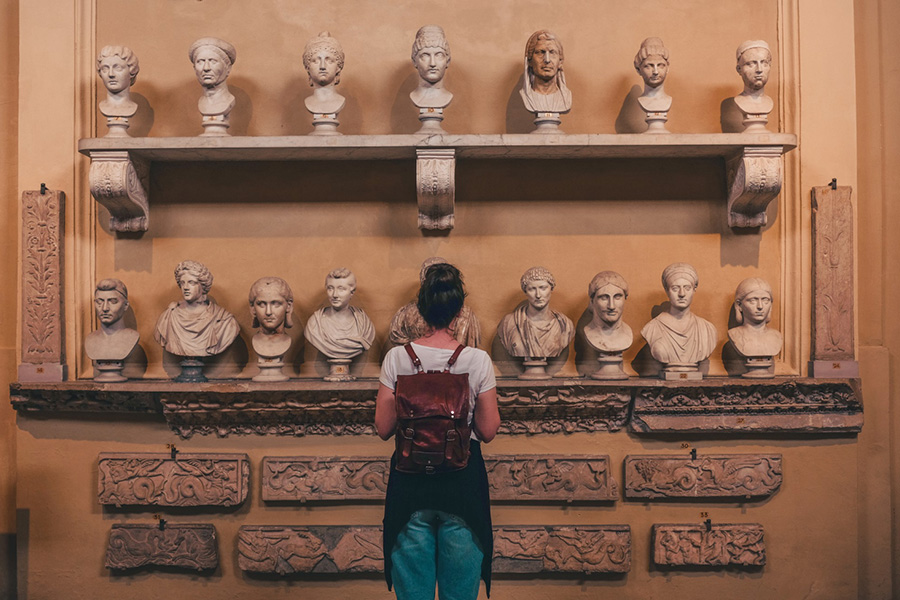
An underlying characteristic that connects the contemporary museums is a sustained curatorial focus on “silenced” stories, articulated via narratives or materialized through object displays.
Authors
Neha Khetrapal, Associate Professor, Jindal Institute of Behavioural Sciences, O.P. Jindal Global University, Sonipat, Haryana, India.
Summary
Discussions about renegotiating the museum space have tended–thus far–to come from the Global North. By applying a feminist framework to examine the exhibits of three different Indian museums, I extend the purview of such discussions to the Global South. Until recently, women and their stories–along with those of other marginalized groups–have largely remained underrepresented in the Indian museum space.
In the latter part of the twentieth century, however, Indian curatorial activism helped to subvert hegemonic museological narratives–embodied in a non-personalized curatorial approach.
An underlying characteristic that connects the contemporary museums, on the other hand, is a sustained curatorial focus on “silenced” stories, articulated via narratives or materialized through object displays. By evoking the feminist framework, I emphasize curatorial care–whether for past stories, people, sociopolitical issues, the future, or museological displays – as the overarching feature of a remedied Indian museum space.
Published in: Museums and Social Issues
To read the full article, please click here.

